China unveils footage of own 'Mother of All Bombs'
China's arms industry giant China North Industries Group Corporation Limited (NORINCO) has designed a large-yield bomb which Chinese media have dubbed the Chinese "Mother of All Bombs."
The weapon was unveiled in its first-ever public display in a NORINCO promotional video, reported the Chinese-language daily Global Times on Thursday.
The video shows a Chinese H-6K bomber releasing a nearly six-meter-long bomb on an open plain.
An enormous explosion results as the bomb detonates on impact.
The bomb is said to be China's most powerful non-nuclear bomb, with the Chinese H-6K bomber being able to carry only one at a time.

Citing military observers, the Chinese paper wrote that "the weapon will also spread fear among enemies if a weapon of this caliber is deployed."
Commenting about the weapon, Beijing-based military analyst Wei Dongxu said that "the massive blast can easily and completely wipe out fortified ground targets such as reinforced buildings, bastions and defense shelters."
Wei added that the munition can also be used to pave the way for troop deployment in obstacle-covered areas such as forests.
The weapon has been compared to the American GBU-43/B Massive Ordnance Air Blast Bomb (MOAB), originally dubbed the "mother of all bombs," which was introduced to the United States military in 2003.
The US Air Force dropped the bomb on an alleged underground network belonging to the Daesh Takfiri terrorist group in Afghanistan’s Nangarhar province from an MC-130 aircraft last year.
Russia unveiled its own rival large-yield bomb, nicknamed the "Father of All Bombs," in 2007. The Russian FOAB claims to have a blast radius double the size of that of the American MOAB.
Unlike its American and Chinese counterparts, the Russian weapon is thermobaric, meaning that it uses gas to create a longer lasting blast wave with a higher temperature.
Last year, a senior Iranian commander said Iran also possesses a domestically-made 10-ton large-yield bomb.
"These bombs are at our disposal. They can be launched from Ilyushin aircraft and they are highly destructive,” said Brigadier General Amir Ali Hajizadeh, commander of the Aerospace Force of the Islamic Revolution Guards Corps (IRGC).
VIDEO | Iran-Syria: For Resistance
Qassam Brigades claims killing 3 Israeli troops in northern Gaza
More alive than ever: Sayyed Hassan Nasrallah's legacy grows stronger in martyrdom
Occupation of Syria’s highest peak Mount Hermon part of ‘Greater Israel’ project
Iran: Syrian people will decide their future without foreign interference
IRGC says Iran’s power exceeds borders, warns enemies to adjust themselves
Dozens detained, several wounded in Israeli raids in West Bank
‘Ethnic cleansing’: Hamas blasts Israeli attacks on Gaza hospital amid intl. silence



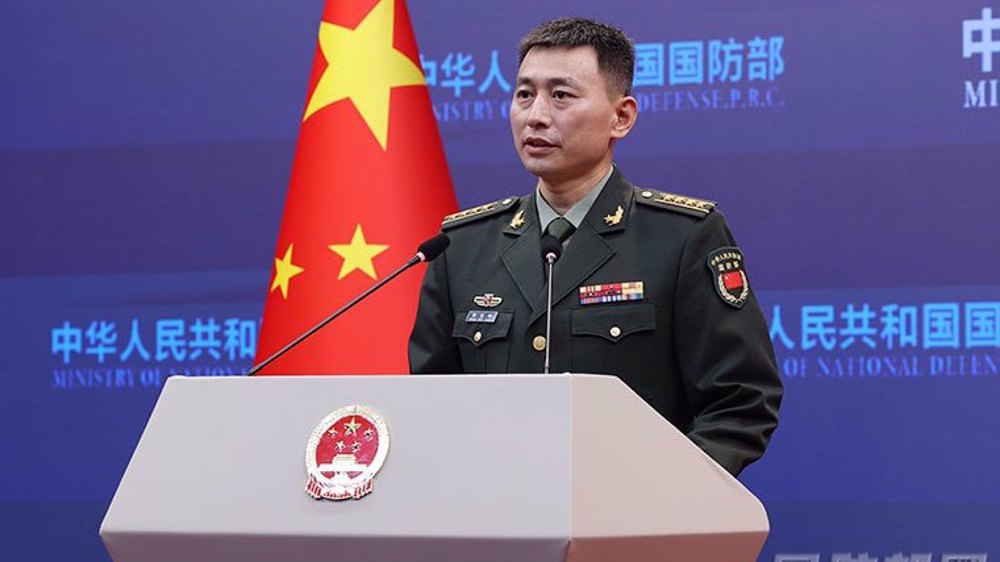
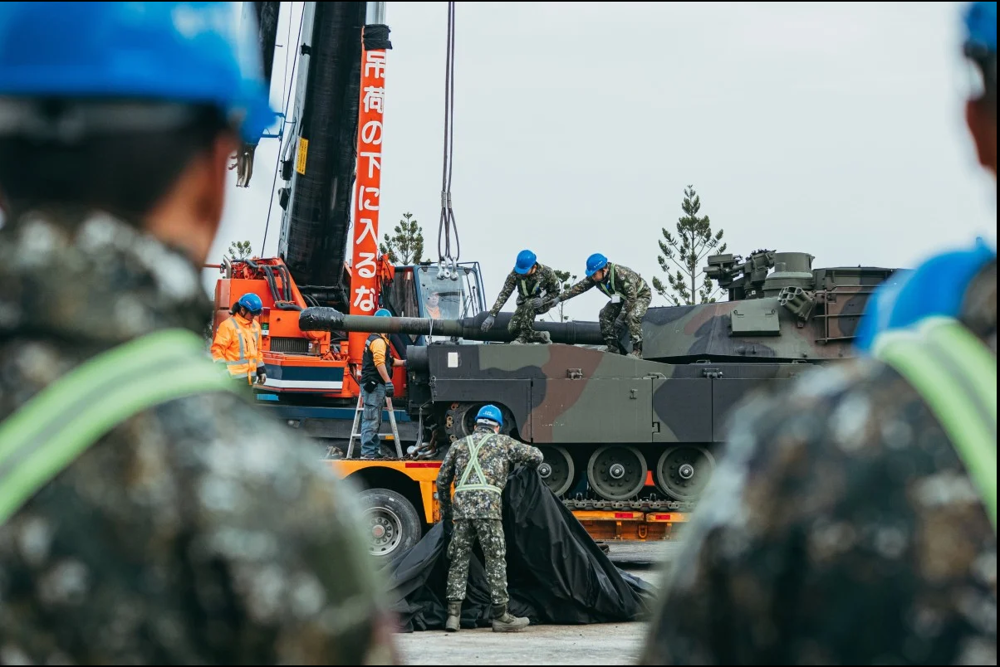




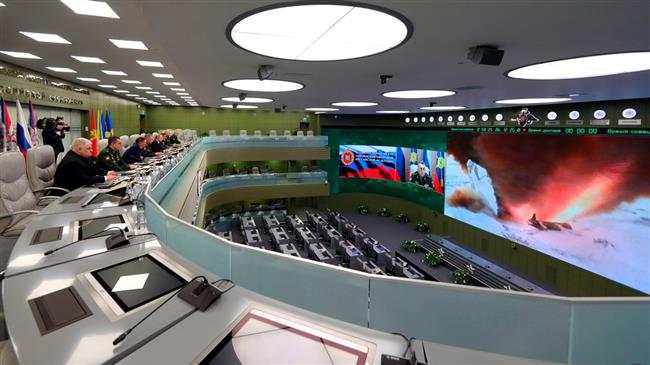
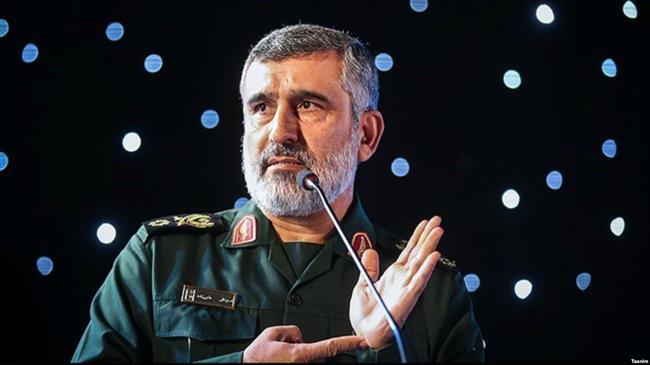
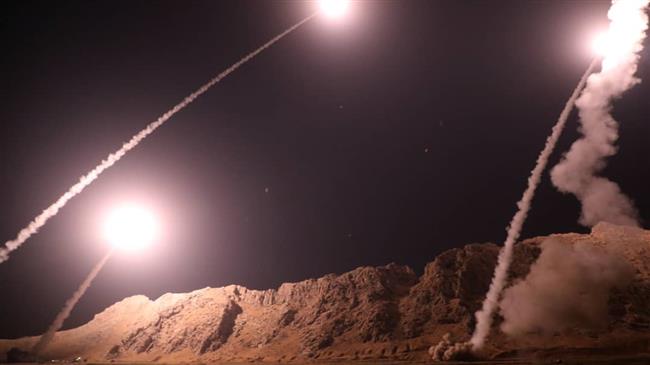




 This makes it easy to access the Press TV website
This makes it easy to access the Press TV website